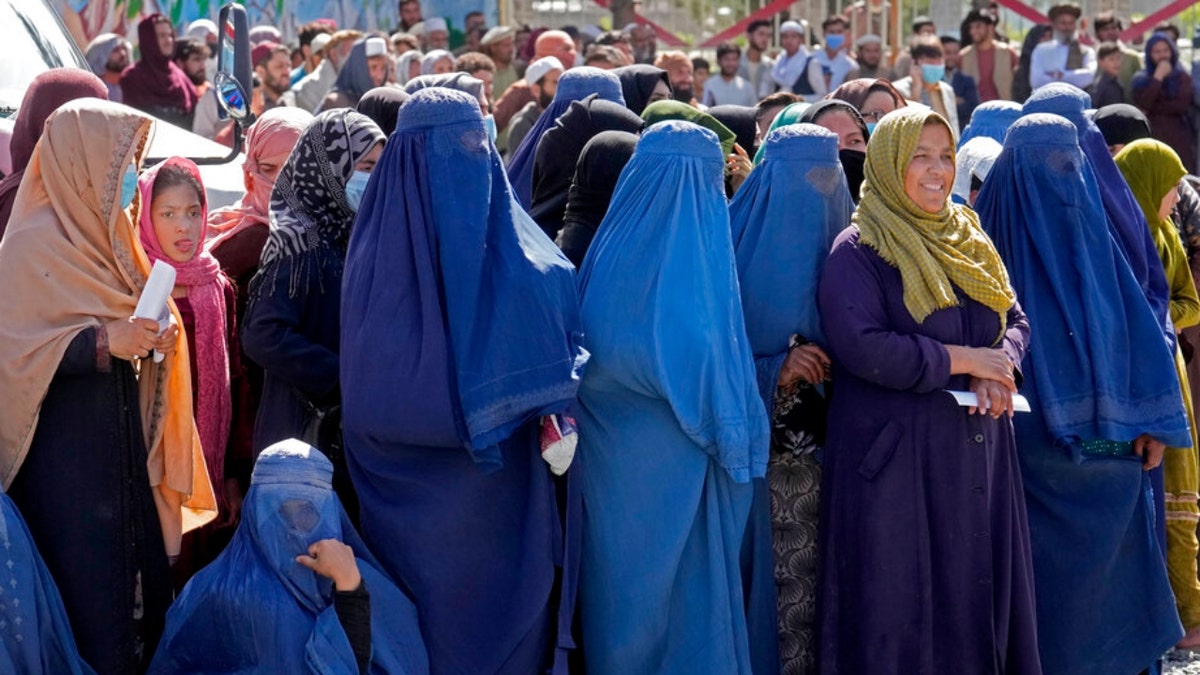General in charge of Afghanistan exodus: 'I advised against withdrawing'
Retired General Frank McKenzie, who was ordered to execute the U.S.'s withdrawal from Afghanistan, discusses what he could have done differently one year after Kabul fell to the Taliban.
The general in charge of the U.S. withdrawal from Afghanistan pinned blame on both the Trump and Biden administrations for what critics have called a "botched" exit one year later.
Retired General Frank McKenzie, who was in charge of executing the withdrawal, joined "Fox News Sunday" to discuss the operation and the significance of the desire to end America's longest war, and how it spanned two presidencies.
"The president of the United States owns the final responsibility for these actions," McKenzie told Jennifer Griffin. "I believe we had two presidents of the United States that wanted to exit Afghanistan, and they might not have had anything else in common, but they share that common view."
CHRISTIANS IN AFGHANISTAN FACE ROUTINE TORTURE, PERSECUTION FROM FAMILY MEMBERS: WATCHDOG GROUPS
"So you had a continuity of objective across two administrations that really allowed the events that occurred to occur in the manner that they did," he continued.
President Biden has faced scrutiny over the withdrawal after 13 service members were killed in a terrorist attack outside the Kabul airport.

Afghan women wait to receive food distributed by a humanitarian aid group, in Kabul, Afghanistan in April 2022. ((AP Photo/Ebrahim Noroozi))
Critics also accuse the White House of leaving Americans and U.S. allies behind, who helped American forces for two decades save the government from falling victim to Taliban leadership.
"The Doha Agreement had the potential to be a useful approach as long as we apply the principle of conditionality," McKenzie said. "And by that, I mean that the Taliban had to live up to their half of the agreement. They did not."
"It was evident pretty early on that they were not doing that, but we never effectively held them to task," he continued.
McKenzie reiterated his stance against the withdrawal, highlighting the importance of maintaining a small military presence to keep the Taliban insurgency at bay.
"I advised against withdrawing," McKenzie said. "My recommendation and my opinion, and it remains so today, was we had the opportunity to remain in the country with a small force. I realize the Taliban could very well have chosen to attack us, but I do not believe, based on the intelligence I was reading at the time, that we would have… been forced to add more forces in order to maintain a… 2,500 force level in Afghanistan."
CLICK HERE TO GET THE FOX NEWS APP
"We would have coupled that force level with an aggressive diplomatic campaign against the Taliban, probably more aggressive than the Doha agreement, and those negotiations."
America's longest war killed more than 2,400 service members and cost the United States around $1 trillion over the course of two decades.


